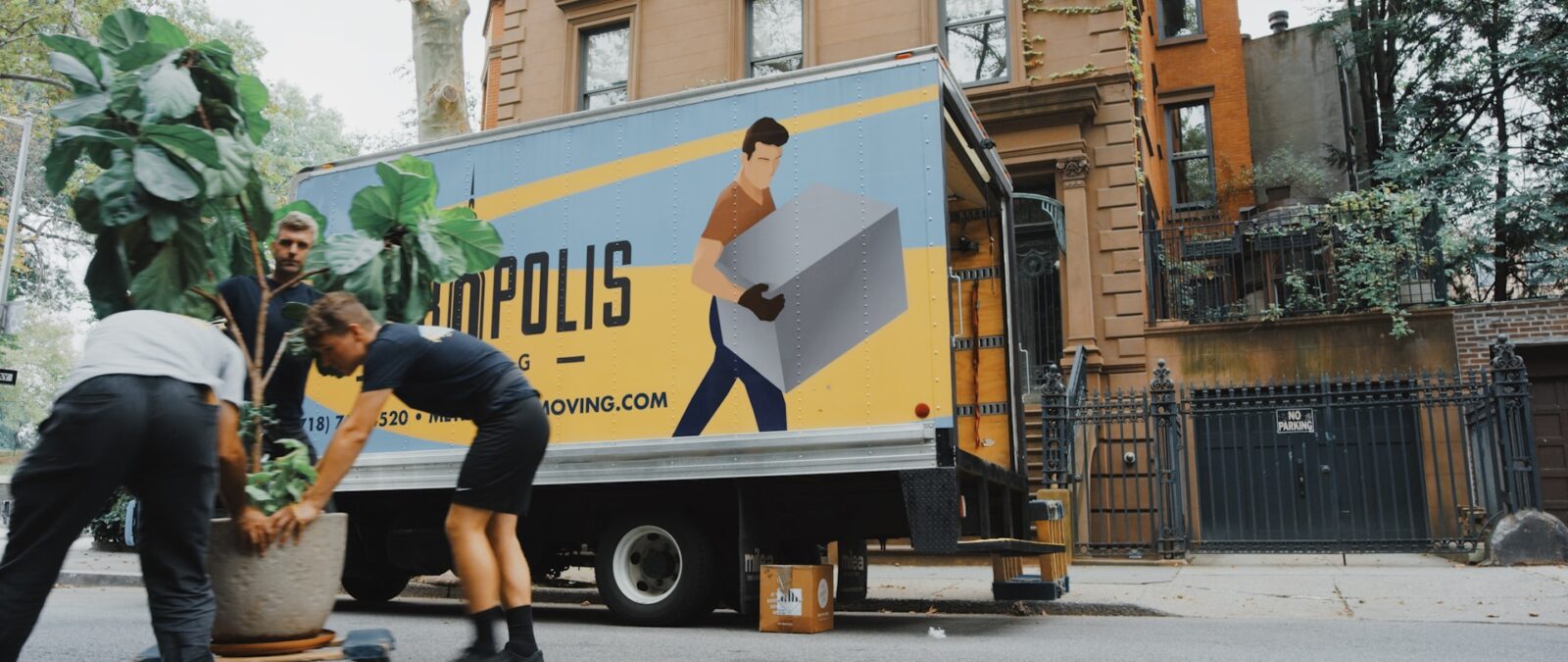Moving is often considered one of life’s most stressful events, right up there with job changes, and divorce. It’s no wonder when you consider all the pieces that must come together for a successful transition. For newcomers and seasoned movers alike, understanding how to manage this complex process can significantly ease the challenges that arise. This comprehensive guide is designed to help you and your family ease into the rhythm of a relocation, ensuring that your new chapter begins on a harmonious note.
Preparation is Your Best Ally
The adage ‘fail to prepare, prepare to fail’ is a harsh but truthful reflection of how important preparation is when moving. For starters, ensure you have a detailed moving checklist and timeline. Systematically go through each room to decide what to keep, donate, or discard. If you have a house to sell, ready it for staging. Negotiate with professional movers well in advance, so you have the best cost and date options. Devising a thorough plan and sticking to it is the best way to mitigate stress and unexpected issues.
However, if you’re moving internationally, your relocation demands even more preparation. It is important to find international relocation solutions from the UK, USA, or whichever country you are moving from. These services will help with all aspects of your relocation, including visa requirements, finding accommodation, and setting up utilities in your new location.
Organize for Efficiency
Relocating often unveils the full extent of all those ‘just in case’ belongings you’ve amassed over the years. It’s a perfect chance to sort through and declutter. Streamlining your possessions before the move not only saves on space and weight but also provides an opportunity for charitable contributions. Furthermore, organize your packing process by room or item type, labeling boxes appropriately. This may seem time-consuming, but it will certainly make unpacking—and finding essentials—much easier on the other side.
Communicate Openly with Your Family
Relocating affects everyone in the family, no matter the age. Open dialogue about the move is crucial, especially with children or pets who may not grasp the reasons or details. Encourage them to express their emotions and concerns, and address them gently but directly. For younger children, involve them in the process through simple tasks. Sharing the plan step by step can ease the transition for all, making them feel a part of the adventure rather than passive participants.
Explore Your New Community
Before physically moving, virtually explore the area. Check out the local attractions, schools, and community events that might interest your family. Online communities can be invaluable here—join local groups, forums, or social media pages to get the inside scoop. Make contact with potential neighbors, new colleagues, or parents from your children’s new school. Feeling connected to your new community, even from afar, can significantly reduce relocation jitters.
Logistics Management
Logistics management in a relocation involves far more than the transportation of your goods. It includes dealing with utilities, changing addresses, and handling official documentation. Set up your new home’s essential services, such as water, electricity, and internet, well before the move-in date. Notify the necessary parties about your address change, including your employer, the postal service, and any subscriptions or services. Ensuring the smooth transfer of these logistical elements ensures you’re not left in the dark (literally or figuratively) on a moving day.
Emotional Wellness is Key
Moving can be an emotional rollercoaster, filled with both excitement and nostalgia for the life you’re leaving behind. Taking care of your emotional well-being is a critical but often overlooked part of the relocation process. Practice stress-reducing techniques, maintain a healthy diet, and stay active. Engage with hobbies, socialize, or seek out therapy if needed. It’s vital to acknowledge your feelings and find healthy ways to cope with the changes.
The Moving Day Master Plan
With an event as monumental as moving day, having a master plan is essential. Begin by waking up early and having a hearty breakfast. Ensure you have all necessary documents and essentials—passports, keys, important papers, medication, phone chargers, etc.—in a designated ‘essentials box.’ Supervise the moving company’s team or coordinate with friends and family helpers. Treat everyone to snacks and beverages, but avoid going out for meals or extensive shopping—predictability is key.
Settling into Your New Home
Once you’ve moved in, focus on establishing the basics first—unpack, arrange furniture, and set up your home. Try to maintain a routine as much as possible; this can bring a sense of normality to your changing life. It’s also a perfect opportunity to explore your new neighborhood. Take leisurely walks, shop locally, and interact with the community. Familiarize yourself with the area to reduce the feeling of displacement.
The days and weeks following a relocation are all about adaptive strategies. Be patient with yourself and your family as you transition to a new schedule, school for the kids, and, potentially, a different set of norms. Be open to learning—a new city’s layout, new dialects, and a new sense of community. Approach each day as a step closer to a normalized life. Over time, as you acclimate, the initial stress and disorientation will turn into a sense of belonging and comfort.
The After-Move Analysis
After you’ve settled, reflect on your moving experience. Evaluate what went well and what you’d do differently next time. If you relocated due to work, discuss your move and transition with your employer. Provide feedback on any relocation services you used. Capturing these insights while they’re still fresh can enhance your post-move satisfaction and help you make informed decisions in the future.


In summary, the art of successful relocation is meticulous planning, open communication, and preparedness for the emotional toll it can take. Remember, your new home is an exciting canvas waiting for you to paint your adventures. It’s a fresh start filled with opportunities to grow, connect, and build a life that resonates with the core of your being. Take each step with as much grace and enthusiasm as you can muster, and above all, be kind to yourself throughout the process. Happy moving!









Leave a Reply
View Comments